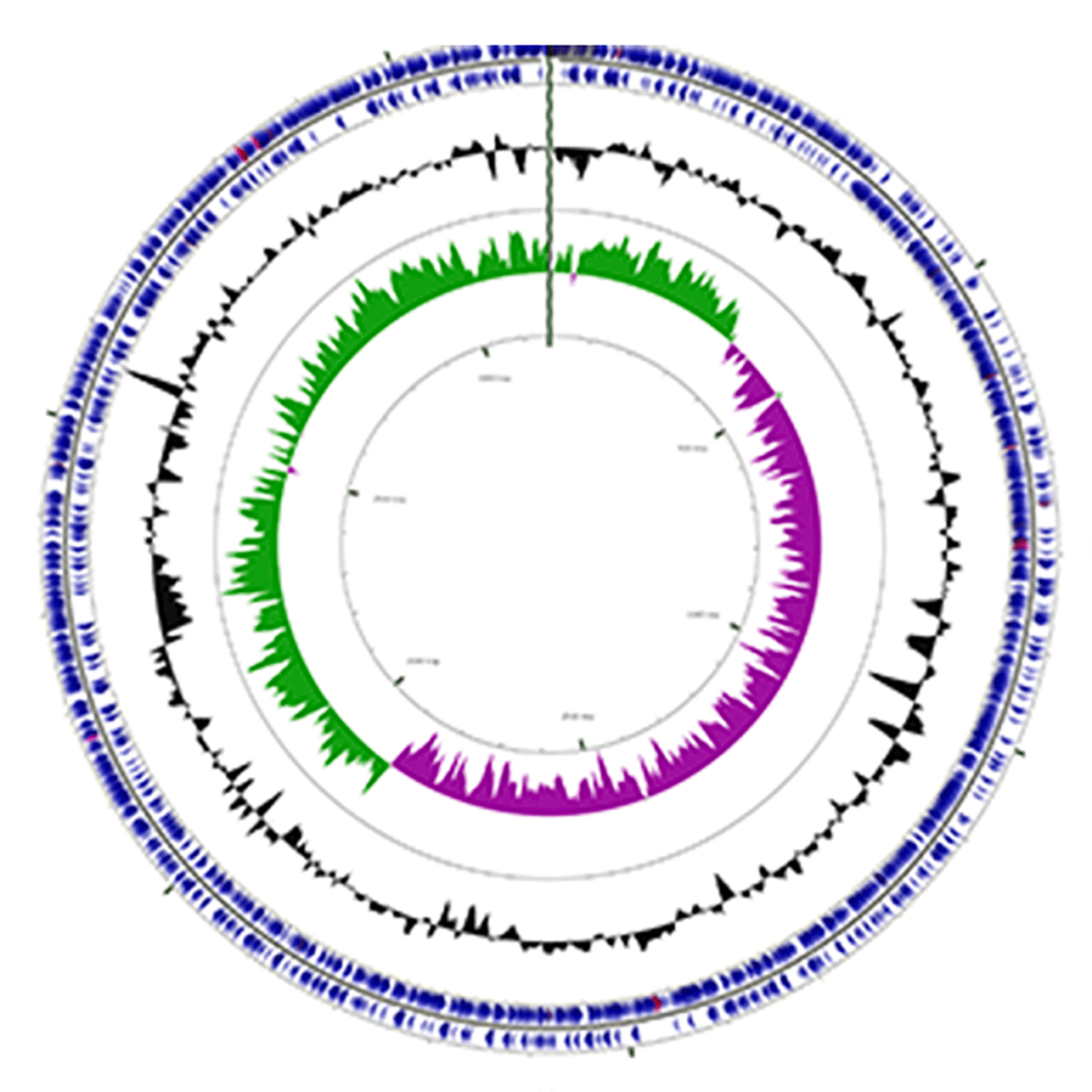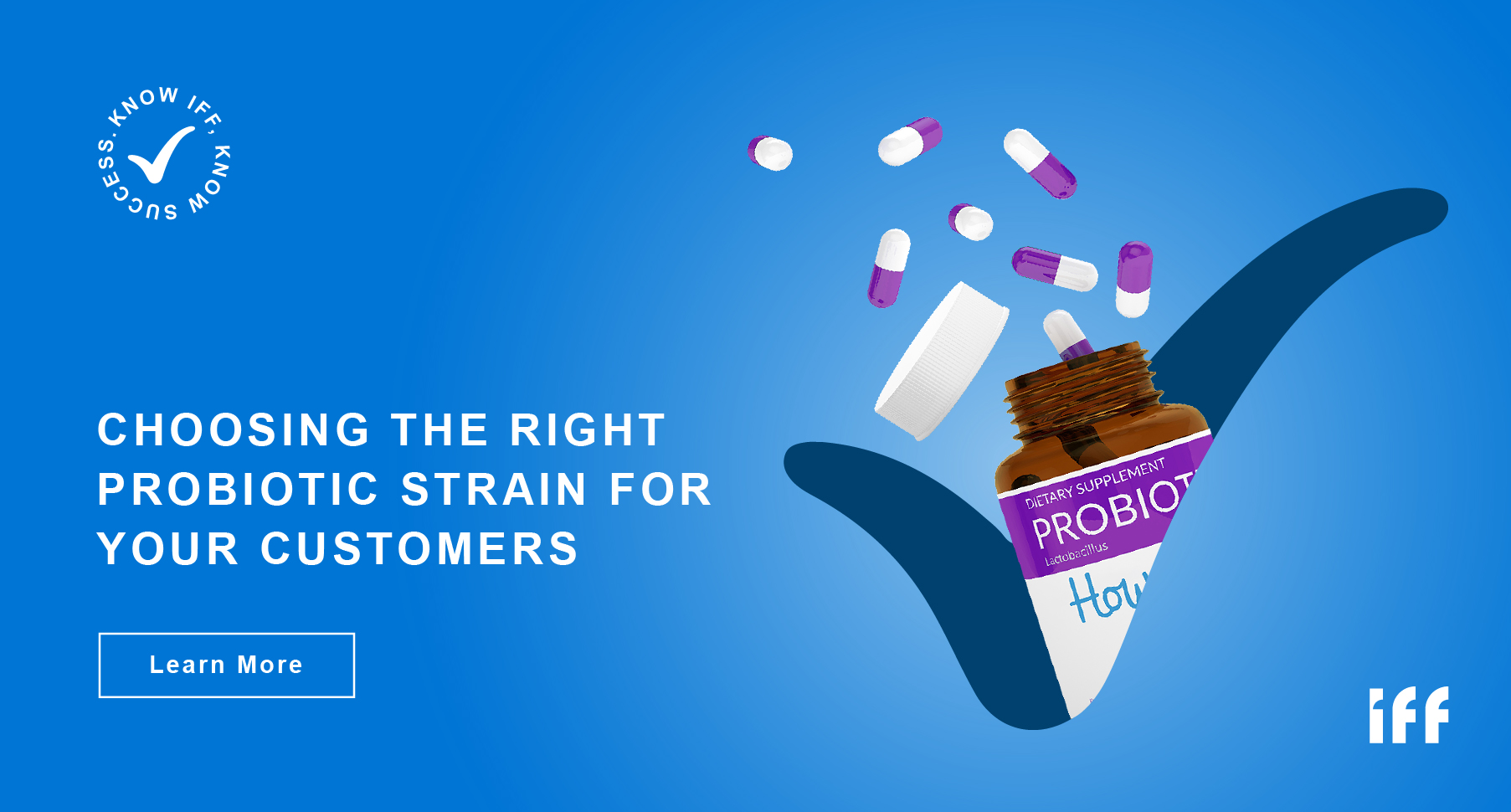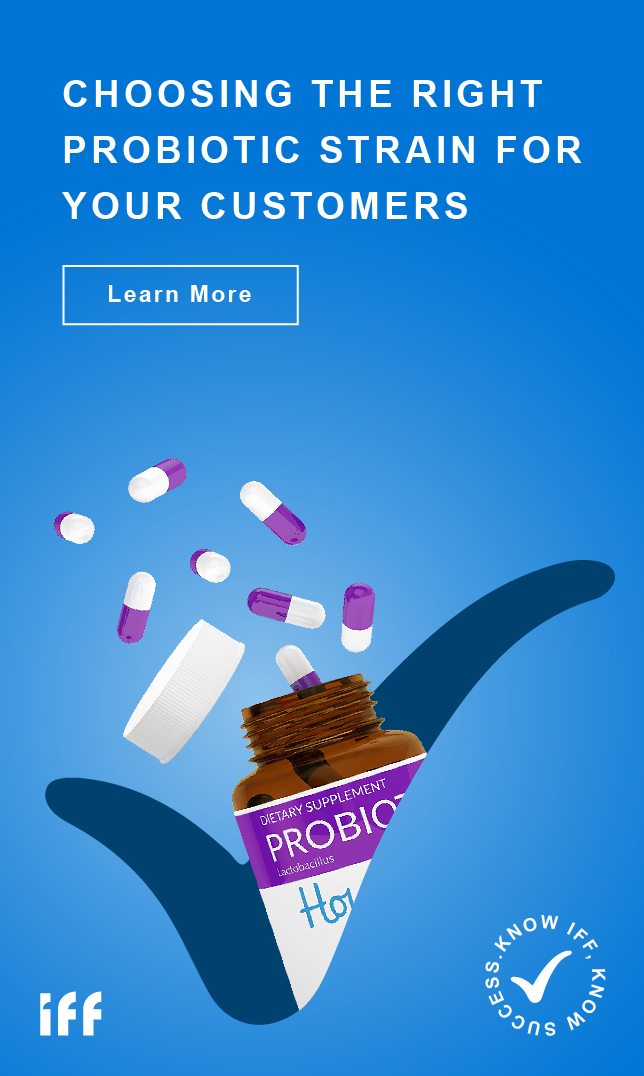Signature strains
LACTICASEIBACILLUS PARACASEI
Lpc-37®
Grant JR, Stothard P. The CGView Server: a comparative genomics tool for circular genomes. Nucleic Acids Res. 2008;36:W181-W184.

Introduction
Lacticaseibacillus paracasei Lpc-37®, previously known as Lactobacillus paracasei Lpc-37®, has been studied alone or in combination with other strains. It is frequently studied alongside of NCFM®, Bi-07®, and Bl-04® as part of the HOWARU® Restore blend for digestive health.1 Lpc-37® has also been studied for its impact on managing the psychological response to stress.2 Lpc-37® has been cited in more than 65 scientific publications, including more than 21 clinical trials. It has a long history of safe use, is well suited for intestinal survival, and has strong adhesion to intestinal cell lines and pathogen inhibition.3,4
36 In vitro through product functionality studies
+21 Clinical trials

Health-benefit area
Health-benefit area

Supported dosing
Supported dosing

Study reference
Study reference

Health-benefit area
Health-benefit area

Supported dosing
Supported dosing

Study reference
Study reference
36 In vitro through product functionality studies
REFERENCES:
1. Ouwehand AC, DongLian C, Weijian X, et al. Probiotics reduce symptoms of antibiotic use in a hospital setting: a randomized dose response study. Vaccine. 2014;32:458-463. 2. Patterson E, Griffin SM, Ibarra A, Ellsiepen E, Hellhammer J. Lacticaseibacillus paracasei Lpc-37® improves psychological and physiological markers of stress and anxiety in healthy adults: a randomized, double-blind, placebo-controlled and parallel clinical trial (the Sisu study). Neurobiol Stress. 2020;13:100277. doi: 10.1016/j.ynstr.2020.100277. 3. Ding WK, Shah NP. Acid, bile and heat tolerance of free and microencapsulated probiotic bacteria. J Food Sci. 2007;72:M446-450. 4. Gibson GR, McCartney AL, Rastall RA. Prebiotics and resistance to gastrointestinal infections. Br J Nutr. 2005;93(Suppl. 1):S31-34.






